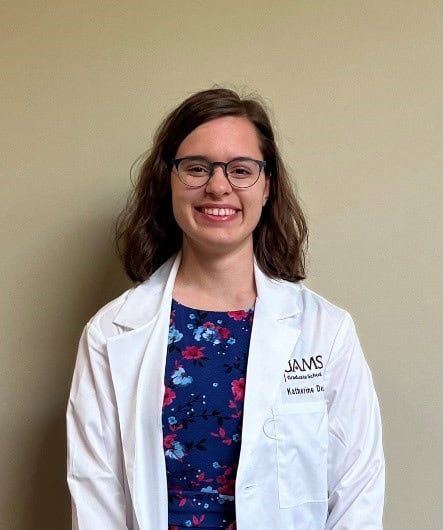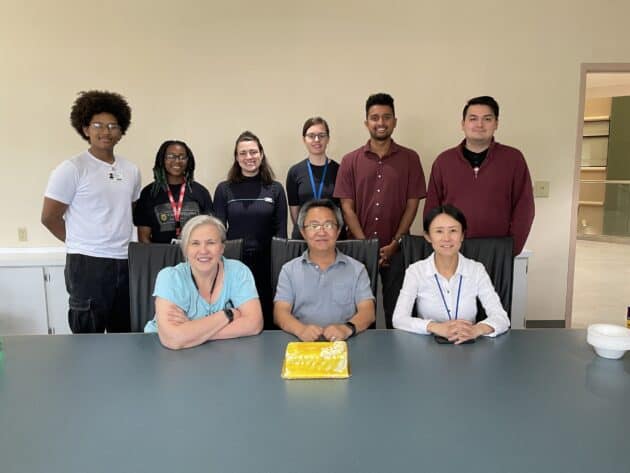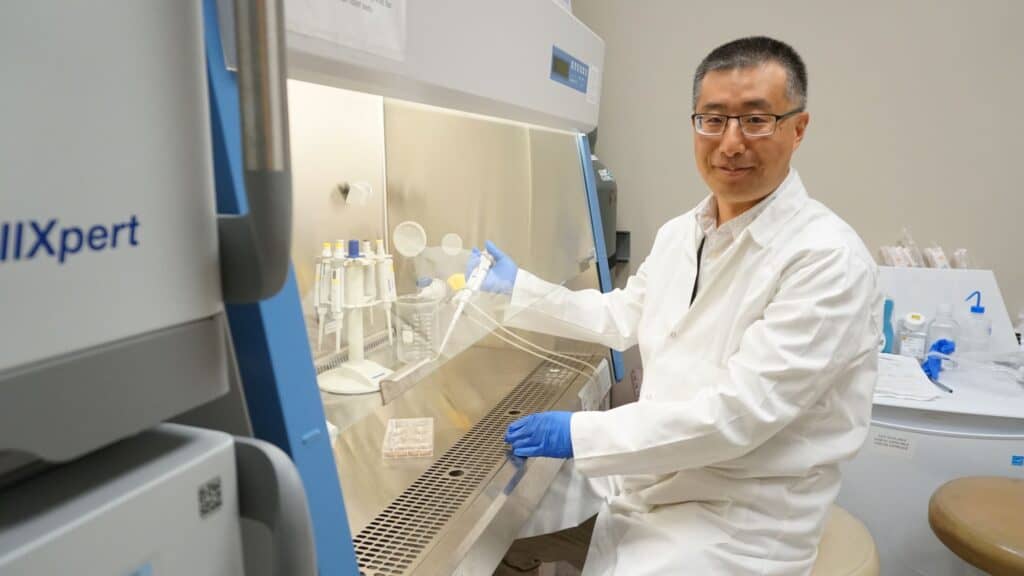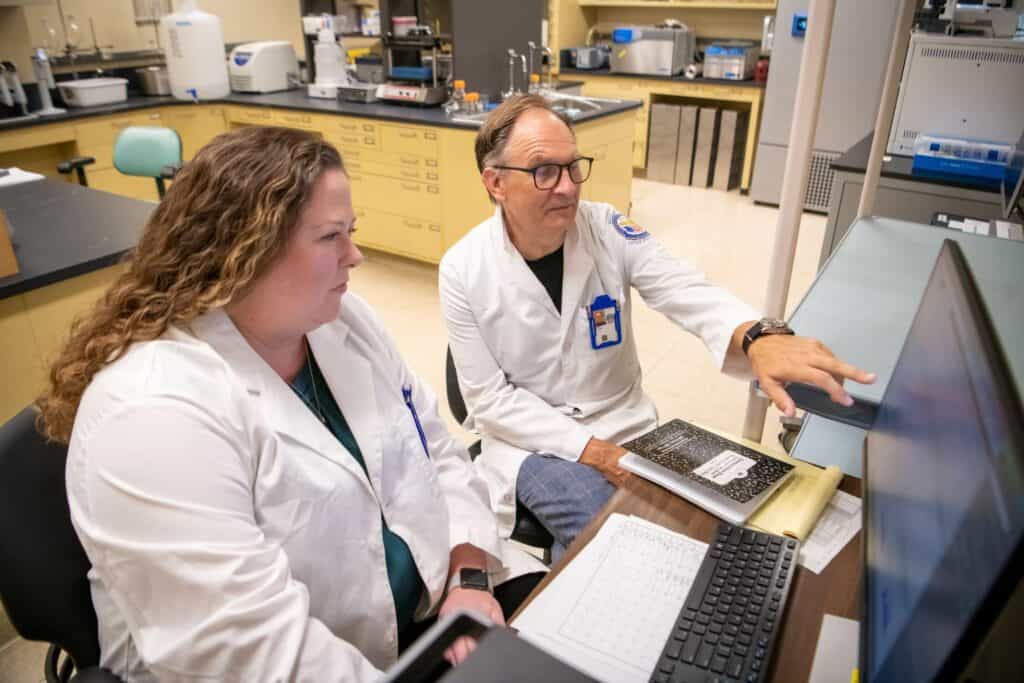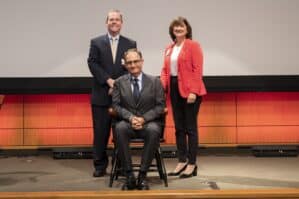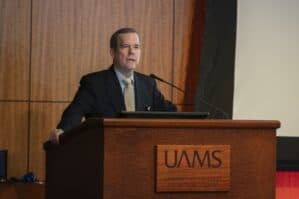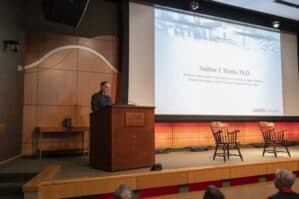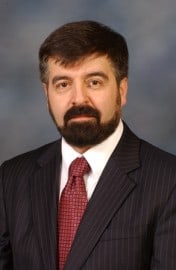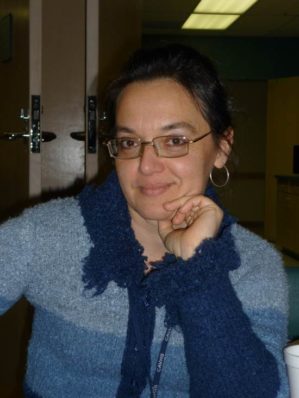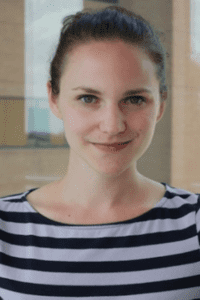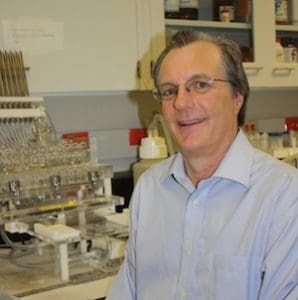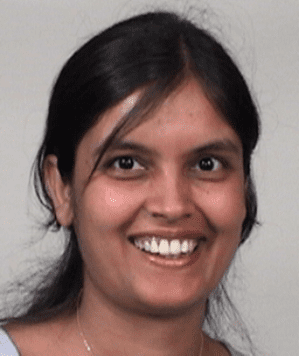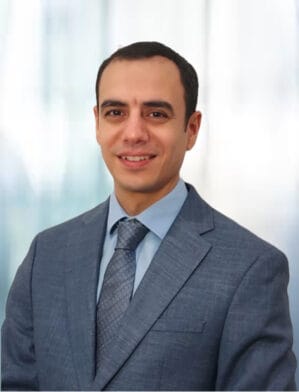
Abdel Fouda, Ph.D., had just joined the Department of Pharmacology and Toxicology in the College of Medicine at the University of Arkansas for Medical Sciences (UAMS) in 2021 when Department Chair Nancy Rusch, Ph.D., introduced him to Paul Phillips, M.D., Chair of the Department of Ophthalmology and Director of the Harvey & Bernice Jones Eye Institute. It turned out to be a fruitful introduction.
Dr. Fouda, a basic science Assistant Professor specializing in retinal ischemic diseases, began working with the two chairs and other faculty members in Ophthalmology to build a collaborative, interdepartmental research team. Professor Ahmed Sallam, M.D., Ph.D., brings expertise in uveitis and eye inflammation; Professor Sami Uwaydat, M.D., and Assistant Professor Florin Grigorian, M.D., are retina specialists; and Associate Professor Paula Grigorian, M.D., is a pediatric retina specialist with expertise in retinopathy of prematurity. The team began meeting regularly under Dr. Phillips’ leadership to initiate and track collaborative projects. Dr. Fouda and members of his lab also presented their research projects at Ophthalmology Grand Rounds to connect with more physicians and residents.
“I have been fortunate to be able to quickly grow my National Institutes of Health (NIH) funded research team at UAMS, and the collaboration between our two departments has catalyzed this success,” said Dr. Fouda. “I am truly thankful for the expertise and contributions of our team members in Ophthalmology and Pharmacology & Toxicology.”
With a shared goal of training the next generation of scientists focused on retinal and ischemic diseases, Dr. Phillips and Dr. Rusch both serve as dissertation mentors to one of Dr. Fouda’s graduate students, Carol Morris. Morris has earned honors at UAMS and nationally, along with fellowship funding, for her research in stroke and retinal ischemic injury.
Two new Institutional Review Board (IRB) protocols at UAMS – a regulatory approval process for projects involving research and human subjects – permit the collection of clinical vitreous humor samples for proteomic analysis by Dr. Fouda’s research team. Vitreous humor is the substance that fills the space between the lens and retina of the eye. Findings from the team’s analysis were recently published in Translational Vision Science & Technology and represent the first proteomic analysis of aqueous humor from patients with central retinal artery occlusion, a devastating disease in which vision is recovered in only 15% of affected patients. Additionally, a co-authored review article focused on ischemic retinopathy was published this year in the Journal of Neuroinflammation, a top-ranking neuroscience journal.
The collaboration also has enabled new extramural grant funding. Esraa Shosha, Ph.D., a new Assistant Professor in Dr. Fouda’s lab, secured a Knights Templar Career Starter grant of $90,000 to study the role of endothelial HDAC3 in retinopathy of prematurity. Co-mentored by Drs. Phillips and Rusch, Dr. Shosha seeks to identify new therapeutic targets to mitigate this condition while using the award as a launch pad to secure NIH research funding.
Another recent achievement was an Association of Research in Vision and Ophthalmology (ARVO) EyeFind research grant from the Eye Bank Association of America awarded to Abdel Elhusseiny, M.D., a fourth-year Ophthalmology resident who is collaborating with Dr. Fouda. His project analyzes eye tissues post-mortem to advance the understanding of the role of insulin-like growth factor-binding protein 6 (IGFBP6) in diabetic retinopathy.
“My vision for the future of the Department of Ophthalmology includes expanding basic science and translational research by recruiting nationally renowned scientists to the Jones Eye Institute to catalyze vision research at UAMS and further strengthen the collaborative translational research studies with vision researchers in the Department of Pharmacology/Toxicology,” said Dr. Phillips.
“These collaborations between basic researchers and clinicians enable our scientists to ensure that findings in the laboratory translate to conditions involving human health and ensure that important clinical observations can be mechanistically explored in the laboratory,” said Dr. Rusch. “The Department of Pharmacology and Toxicology is very appreciative of Dr. Phillips and the physicians in the Department of Ophthalmology for their interest in translational research.”

